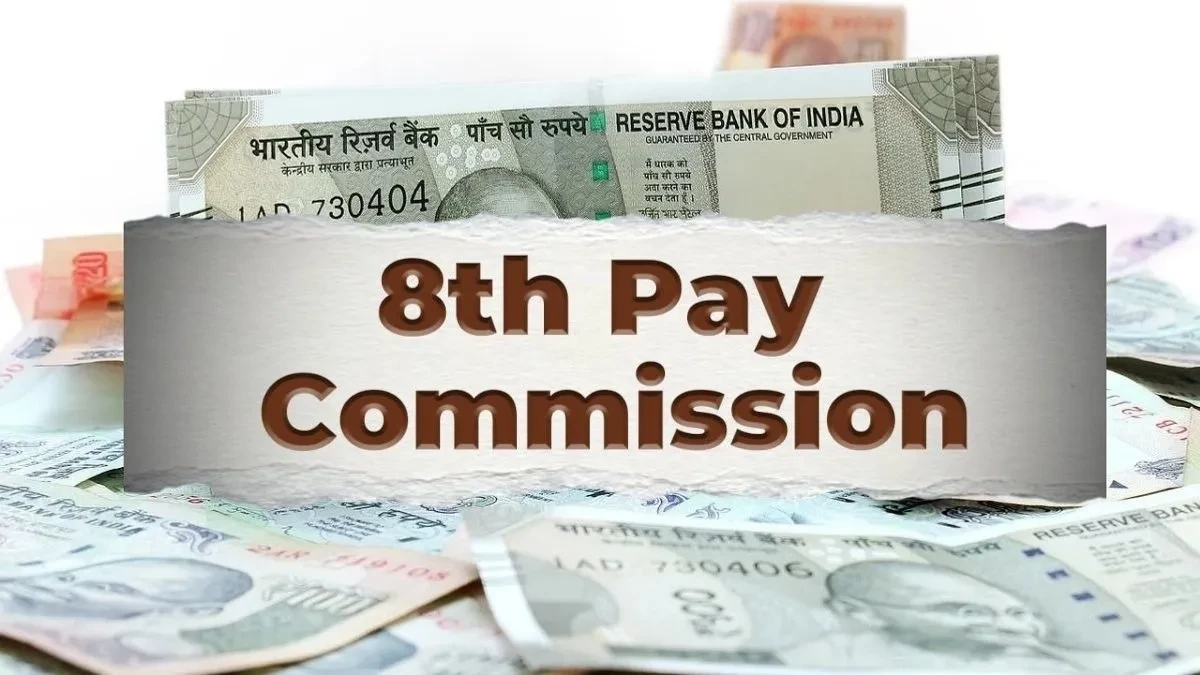The 8th Pay Commission (CPC) is anticipated to be implemented by late 2026 or early 2027, as per a report by Kotak Institutional Equities.
The government announced the commission in January 2025 but has yet to finalise the Terms of Reference (ToR) or appoint its members. This delay means the process is still in its initial stages.
The Ministry of Finance has begun preliminary consultations with key stakeholders to establish the 8th CPC. These discussions involve departments like Defence, Home Affairs, and Personnel and Training, along with state governments. The aim is to gather feedback before officially notifying the commission.
Expected Salary Revisions
Kotak estimates that the minimum salary could increase from ₹18,000 to approximately ₹30,000, reflecting a fitment factor of around 1.8. This would result in a real pay rise of nearly 13% for central government employees affected by the revision. Around 3.3 million central employees, mostly from Grade C category, are likely to benefit significantly.
The proposed fitment factor of 1.8 for salary revision is lower than the 2.57 factor used in the 7th Pay Commission. While this implies an 80% increase in basic pay, the real impact on net salary would be lessened because the existing dearness allowance (DA)currently about 55%would reset to zero under the new system.
Impact on Government Finances and GDP
The financial burden of implementing the new pay commission is estimated between ₹2.4 lakh crore and ₹3.2 lakh crore, or about 0.6-0.8% of India’s GDP. Although this could strain the fiscal budget, past pay revisions have shown temporary positive effects on the economy.
Kotak noted that the pay hike might provide a brief boost to consumption and savings. “We expect the 8th CPC to provide a temporary boost to consumption and savings,” stated Kotak. The impact is expected in sectors like automobiles and consumer staples; however, such gains have typically been short-lived.
Previous Pay Commission Effects
The last major revision, under the 7th CPC combined with One Rank One Pension scheme, added about two percentage points to India’s GDP growth in FY17. While similar growth isn’t guaranteed this time, Kotak believes there will still be significant economic impact, particularly in the short term.
The twice-yearly revision of dearness allowance is expected to continue under the 8th CPC. Based on Consumer Price Index for Industrial Workers, DA protects salaries and pensions from inflation with revisions occurring in January and July.
Implementation Timeline
The timeline for implementing the 8th CPC is expected to follow previous patterns. The 6th and 7th CPCs took around 1.5 years to complete their reports; thereafter, it took another three to nine months for government implementation post-Cabinet approval.
“The 8th CPC is unlikely to be implemented before late 2026 or early 2027,” stated Kotak Institutional Equities. Until ToR and commission members are finalised, progress remains limited.
In Parliament, Minister of State for Finance Pankaj Chaudhary mentioned that inputs have been sought from major stakeholders including Ministry of Defence and Ministry of Home Affairs among others.
